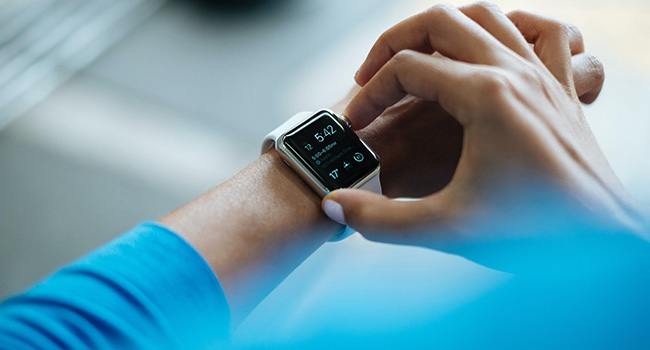
Lewy body dementia (LBD) is a type of dementia that affects a person's ability to think, remember, and move. It is caused by the accumulation of abnormal proteins in the brain, called Lewy bodies, which damage brain cells and cause disease symptoms. LBD is a progressive disease that gets worse over time. It is one of the most common types of dementia, accounting for around 10-15% of all cases. The symptoms of LBD can vary widely from person to person but generally include problems with memory, thinking, and movement.
Early Symptoms
In the early stages of LBD, a person may experience problems with attention, concentration, and organization. They may have trouble remembering things, especially recent events, and struggle with language and communication. They may also experience visual hallucinations, seeing things not really there.Disease Progression
As the disease progresses, a person may struggle with movement and balance. They may experience stiffness and rigidity in their muscles and have trouble walking or performing everyday tasks. They may also experience tremors similar to those seen in Parkinson's disease. Other symptoms of LBD can include changes in mood and behavior, such as depression, anxiety, and irritability. Sleep disturbances, including vivid dreams and acting out while asleep, are common in people with LBD.
Treatment
There is currently no cure for LBD, but treatments are available that can help manage the symptoms of the disease. These may include medications to improve memory and thinking, control movement, and other symptoms. In addition, lifestyle changes such as regular exercise and a healthy diet may also help slow the disease's progression and improve quality of life.Clinical Trial
In patients with LBD, researchers looked at how digital measurements of daily activities could help detect responses to mevidalen drug treatment. Of the 344 patients enrolled in the study, a smaller group of 70 participants wore a wrist-worn sensor device during a 12-week trial of mevidalen. The digital measurements included daily step count, walking time, and total sleep time.Results
The researchers found that the digital measurements detected significant treatment effects at week 6, which was earlier than when conventional clinical assessments detected treatment effects. The study showed that digital measurements might be able to see treatment effects earlier than traditional assessments, but more research is needed to confirm these findings.Conclusion
LBD is a complex disease, and more research is needed to fully understand the potential of digital measurements in detecting treatment effects. It's also essential for people with LBD to work closely with their healthcare providers to determine the best treatment plan for their needs.__________
Parkinsonism and Related Disorders, Mar-04-23
ClinicalTrials.gov, NCT03305809
Alzheimer's and Dementia Resources
About Alzheimer's and Dementia
Understand Key Factors of Dementia and Clinical Trials
Alzheimer's: Where Do We Go from Here?
NeuroAid Therapy Shows Positive Results in Alzheimer's Disease
Can Brain Stimulation Relieve Pain in Alzheimer's Patients?
Mastinib Shows Promising Results in Alzheimer's Clinical Trial
Semorinenab does not reduce Clinical Decline in Alzheimer's Disease
Alzheimer's Disease Treatment: New Breakthrough for Early Stages
A 17-year Battle Against Alzheimer's
Can Blueberries Reduce Dementia Risk in Insulin-Resistant Individuals?
Understand Key Factors of Dementia and Clinical Trials
ClinicalTrials.gov, NCT03305809
Alzheimer's and Dementia Resources
About Alzheimer's and Dementia
Understand Key Factors of Dementia and Clinical Trials
Alzheimer's: Where Do We Go from Here?
NeuroAid Therapy Shows Positive Results in Alzheimer's Disease
Can Brain Stimulation Relieve Pain in Alzheimer's Patients?
Mastinib Shows Promising Results in Alzheimer's Clinical Trial
Semorinenab does not reduce Clinical Decline in Alzheimer's Disease
Alzheimer's Disease Treatment: New Breakthrough for Early Stages
A 17-year Battle Against Alzheimer's
Can Blueberries Reduce Dementia Risk in Insulin-Resistant Individuals?
Understand Key Factors of Dementia and Clinical Trials
